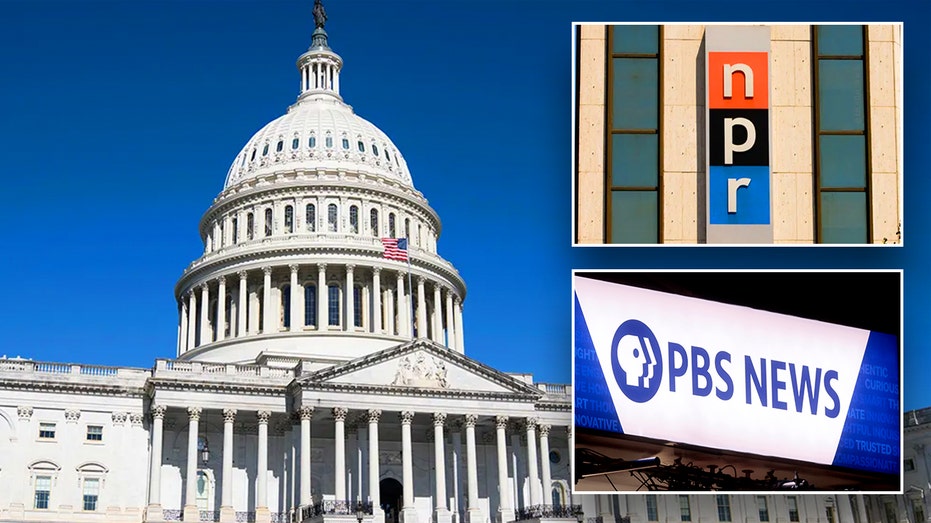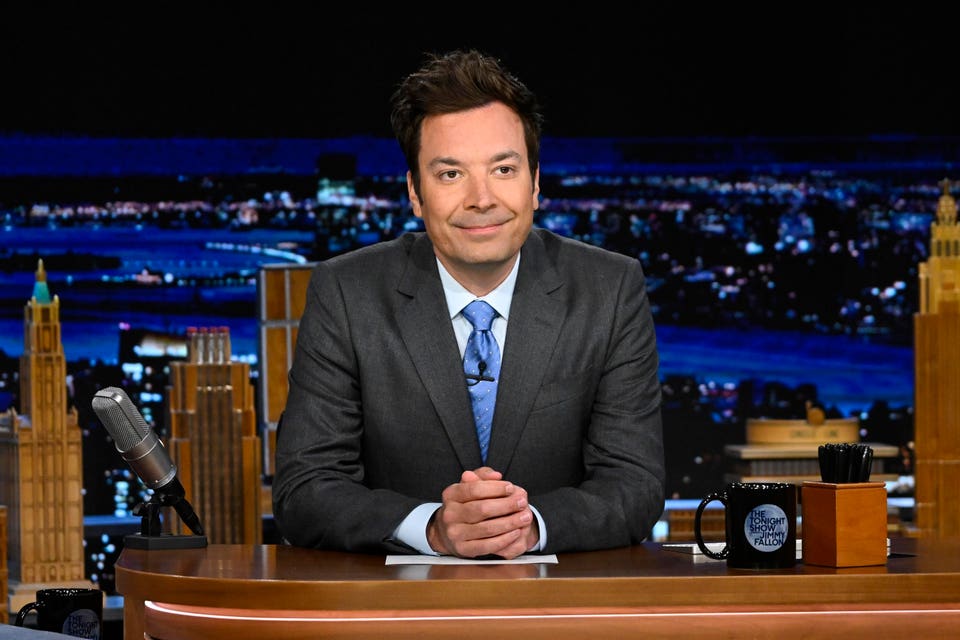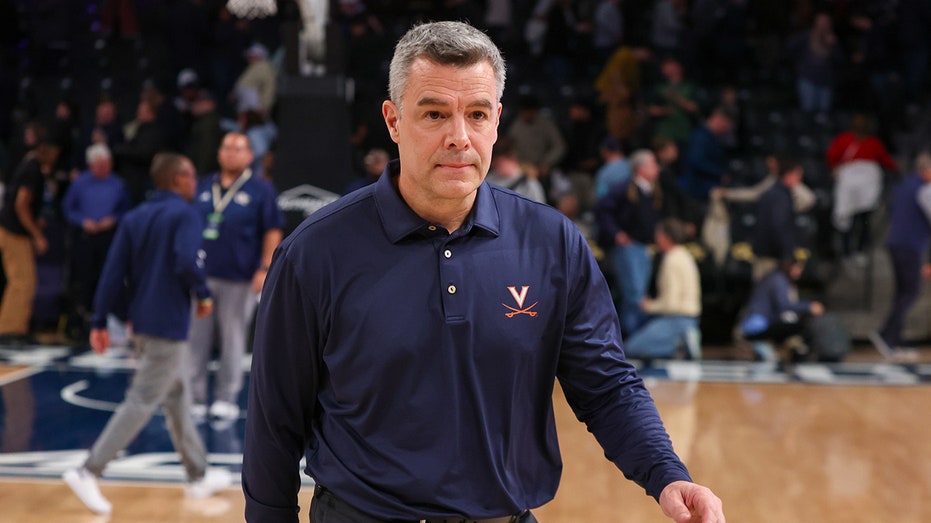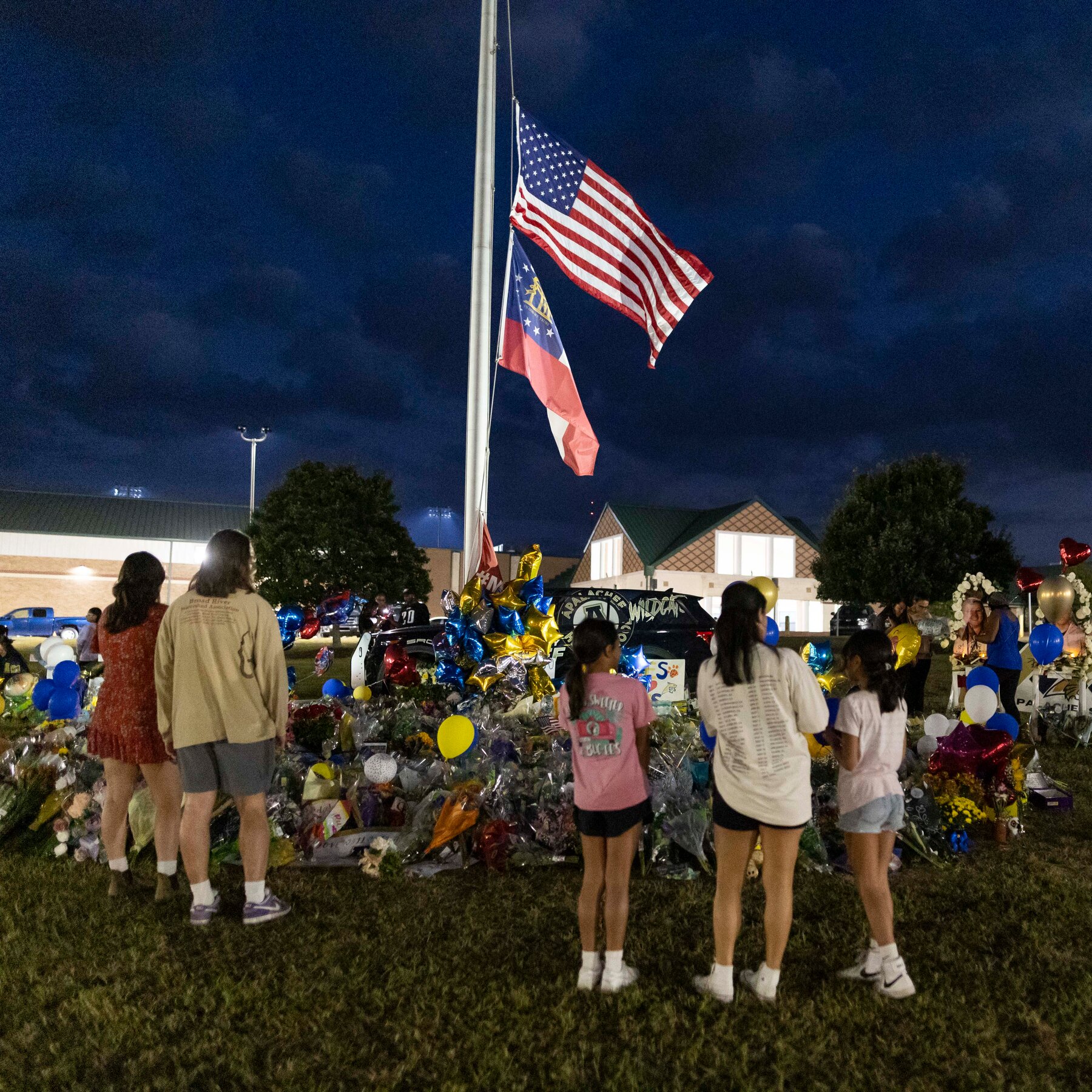President Donald Trump has now made good on his threat to defund public media— to cut off the $535 million a year that public radio and television receive from the federal government. He’s not wrong that, too often, they’ve been vehicles for biased journalism — both by commission (all diversity and “reproductive choice” stories all the time) or omission (not covering the Hunter Biden laptop story).
But as satisfying as it might be to zero out the budget of the Corporation for Public Broadcasting — where I once served on the board of directors and tried to warn my colleagues about the threat that liberal bias posed — Trump’s move could backfire. PBS and NPR could emerge both financially stronger and insulated from public accountability.
Cutting off federal funds will not put public media out of business. Both PBS and NPR are federally chartered non-profit organizations which will continue to exist. So will some 1,000 local public broadcasting TV and radio stations. At the national level, don’t be surprised if liberal foundations — Gates, MacArthur, Robert Wood Johnson, Carnegie and Ford (which helped invent public broadcasting) — step up to fill what will not be that big a budget gap. The bull market of recent years has swelled the endowments of all.
PBS, NPR BLAST ‘BLATANTLY UNLAWFUL’ TRUMP EXECUTIVE ORDER HALTING PUBLIC FUNDING, VOW CHALLENGES
These types of foundations already provide the systems with financial support, including for specific types of programming. Incredibly, the Rockefeller Foundation, whose endowment is based on oil industry profits, is funding NPR’s “climate desk” reporting staff. The Chan-Zuckerberg Initiative has contributed to the same cause, while the Walton Family Foundation has done the same for NPR and the PBS News Hour, targeting its support for “environmental journalism”
This is a very worrisome way in which the federal funds vacuum can be filled — by liberal donors effectively buying the type of stories that should be included in the “news.” As anyone who has worked as a journalist knows, the decision about what to cover is more consequential and fundamental than the coverage style itself. This is the essential point in sociologist Herbert Gans seminal 1979 book about CBS, “Deciding What’s News.”
Absent federal funding, Congress would no longer have any standing to call public media executives to account, as Georgia Republican Rep. Marjorie Taylor Greene did in March. The leverage of threatened cuts can be more powerful than the loss of funding itself.
CLICK HERE FOR MORE FOX NEWS OPINION
Consider the fact that, in a recent week, the “PBS News Hour” has seen fit to include among its guests both the Manhattan Institute’s Chris Rufo — who has led the charge against university DEI programs — Oren Cass, head of American Compass, a key Trump-friendly policy thinker with close ties to Vice-President JD Vance, and Christopher Scalia of the American Enterprise Institute, author of the new book, “Thirteen Novels Conservatives Will Love.” The “News Hour” was likely feeling pressure to become more politically diverse. That’s a good thing.
Better than an abrupt threat to public media funding would be a change in the rules governing it, per the Public Broadcasting Act. As matters stand, public media serves mainly liberal audiences in blue states and college towns. Congress should insist that the services show that they can serve the country at large — meaning they’d have to adjust their programming and news content to attract a geographically and politically diverse audience.
Annual hearings on that count would help. In other words, attach constructive strings to the federal funding — requiring annual reports about who’s watching and listening, including their cities and states and their political affiliations. Turn the diversity metrics on their head to hold NPR/PBS’s feet to the fire.
At the same time, local stations, which currently have to pay NPR dues and pony up to carry “All Things Considered,” should get to keep the $267 million in “community service grants” — half of CPB funding. They should be required to use the funds to cover their local governments at a time when the closing of newspapers is creating news deserts. NPR listeners in New York, Boston, Chicago, St. Louis, Dallas and Los Angeles already get more local news — yes, sometimes with a progressive slant — than they otherwise would.
Make no mistake. Public media deserves much of the criticism it’s received — and has not shown an openness to change that it should, especially in terms of the topics and locales of its journalism. I learned that firsthand during my time on the CPB board, when my criticisms, not dissimilar to those of Trump, were ignored and I was marginalized, including by being stripped of committee assignments and pushed to resign. But defunding it, although it looks like a conservative victory, could leave NPR and PBS still standing — and immune from accountability.















Leave a Reply